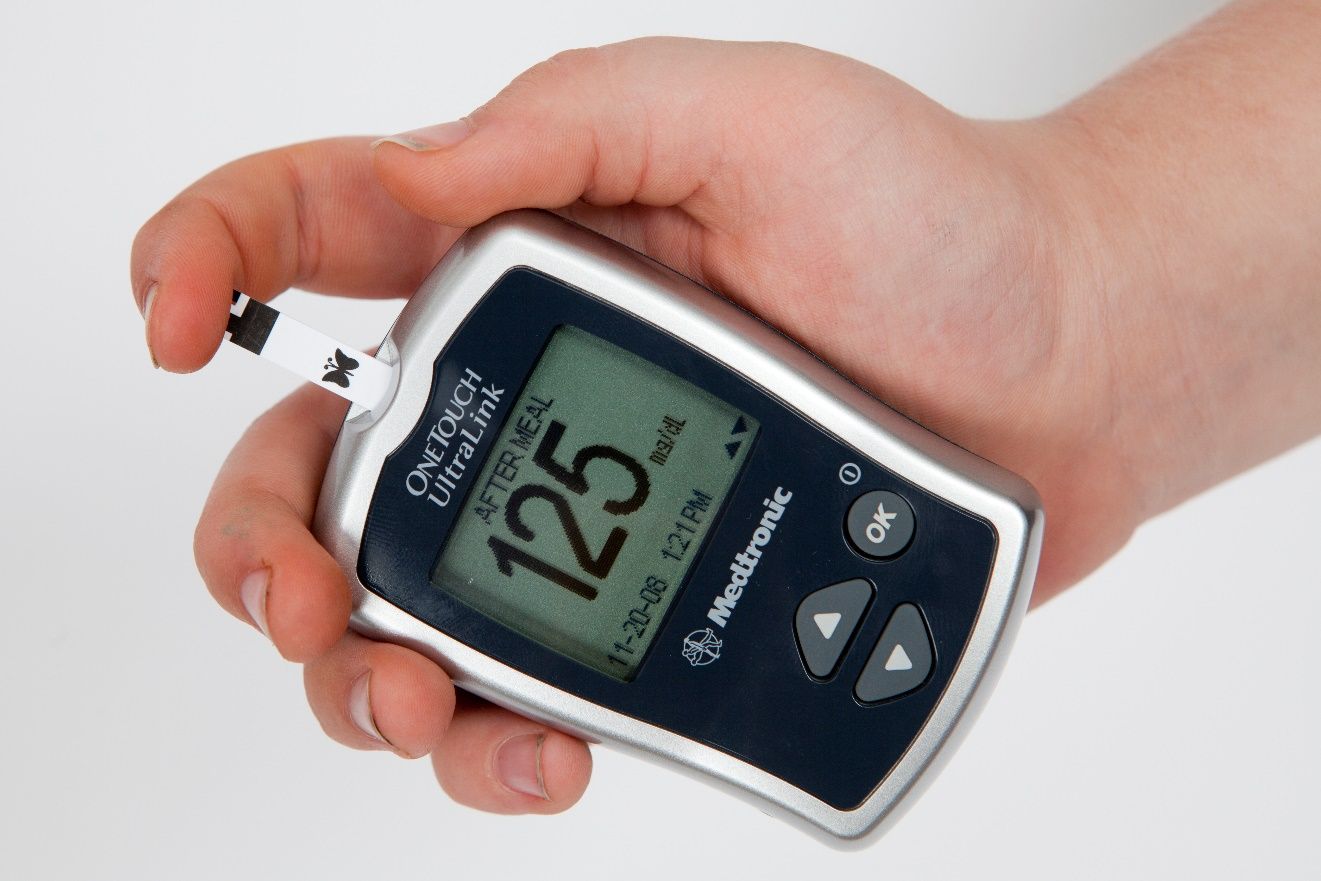
Credit: UF IFAS Photo by Tyler Jones
Have you ever heard a busy mom, or an active retired woman say, "I know I should get a check-up, but I just can't find the time"? At all ages, women are usually the primary caregivers for their families, but all too often they don't take time to take care of themselves. This can lead to serious problems, especially when a condition like diabetes is left undetected. Diabetes affects an estimated 15 million women in the US ((Office on Women’s Health [OWH], 2022). Left untreated, diabetes can cause health complications such as blindness, amputations, kidney disease, and heart disease. The good news is that controlling blood sugar can decrease risk for these conditions, but women need to first be aware that they have the disease.
Although there are about equal number of men and women who have diabetes, diabetes affects women differently than men. For instance, women have a higher risk of heart disease, lower survival rate, higher risk for blindness and higher risk for depression (OWH, 2022). The Office of Women’s Health also reports that women from some racial and ethnic groups are more at risk for the disease and its complications. This includes American Indian/Alaska Native, Black, Hispanic, and Asian women. Therefore, it is important for all women to be aware and take care of themselves.
The educational campaign, called Take Time to Care, is a program sponsored by the U.S. Food and Drug Administration. Its Women and Diabetes series teaches women about diabetes risk factors and warning signs and encourages them to get tested. For more information, check out the website https://www.fda.gov/consumers/womens-health-topics/women-and-diabetes.
Want to know more?
Check out these resources for more information on diabetes, healthy eating, and lifestyle changes to reduce or lessen your risk of diabetes. CDC National Diabetes Prevention Program Lifestyle Change Program
The CDC website provides information on risk factors, local coverage and healthcare providers, consumer publications, and evidence-based programming for diabetes prevention. National Diabetes Prevention Program | Diabetes | CDC
American Diabetes Association
This site has information about diabetes prevention, symptoms, and maintenance. American Diabetes Association | Research, Education, Advocacy
Association of Diabetes Care & Education Specialists
This site provides education, peer support, and press releases/publications for living with diabetes, as well as tools to find a diabetes education program near you. Association of Diabetes Care & Education Specialists (diabeteseducator.org)
Physical Activity Guidelines for Americans
This site provides the current physical activity guidelines from the U.S. Department of Health and Human Services. Current Guidelines | health.gov
Local UF/IFAS Extension
Call your local UF/IFAS Extension Family and Consumer Sciences (FCS) agent to see what healthy lifestyles educational programs are offered in your county. Your county Extension office should be listed in your telephone book under County Government. In Florida, you can find the location and contact information for the UF/IFAS Extension office in your county at https://sfyl.ifas.ufl.edu/find-your-local-office/.
References
Centers for Disease Control and Prevention [CDC]. (2022). Diabetes fast facts. Retrieved on January 7, 2022. https://www.cdc.gov/diabetes/about/?CDC_AAref_Val
Office on Women’s Health. (2022). Diabetes. U.S. Department of Health and Human Services. Retrieved on January 7, 2022. https://www.womenshealth.gov/a-z-topics/diabetes#
U.S. Food and Drug Administration [FDA]. (2021). Women and diabetes. Retrieved on January 7, 2022. https://www.fda.gov/consumers/womens-health-topics/women-and-diabetes